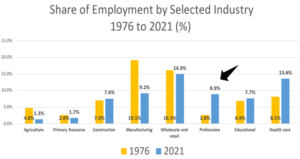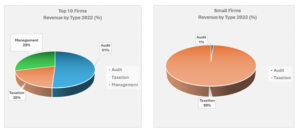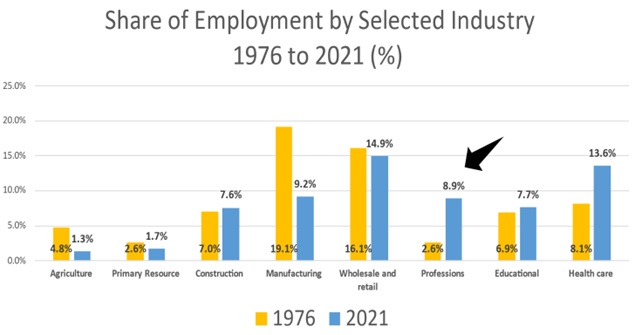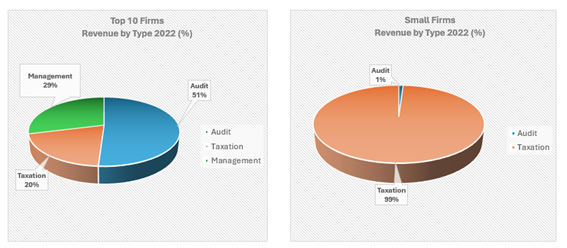While our American neighbors to the South would like to paint themselves as free traders, in fact, they are the probably world’s most successful protectionists.
After two rounds of free trade deals in the last 30 years or so, we’ve lost a huge amount of manufacturing and processing jobs – most notably in softwood lumber – despite our incontestable comparative advantage in that sector. The United States actually has one of the most byzantine regulatory environments in the world, with 51 independent states, along with large numbers of municipal jurisdictions imposing their own municipal taxes.
In fact, one US-based sales tax specialist I spoke to recently estimated that there were at least one thousand sales tax changes in the US – every day.
However, it isn’t only the regulatory environment that poses the challenges. Globalization has concentrated manufacturing near large, wealthy markets, with access to capital.
US private equity markets dwarf Canada’s very limited private capital markets. While management consultants claim the ability to access US private equity markets from Canada, this simply isn’t realistic. US-based Investors inevitably shy away from foreign markets that they aren’t familiar with.
Canadian Policymakers and ‘Thought Leaders’ are trying to Buck these Trends
While Canadian policymakers, thought leaders, and think tanks squabble amongst themselves about the best way to access US markets for our products and services, Canada is rapidly becoming a small business economy, with higher-skilled individuals opting for self-employment.
Not surprisingly, Canadian investors favour markets that are protected from much larger and more muscular US-based competitors. All of which is to say that our proximity to the US has resulted in our shift to smaller, industrial sectors with the opportunity to erect what legendary US investor Warren Buffett would describe as ‘economic moats’ around them.
Canadian capitalists thicken the border to insulate themselves from competition in wholesale and retail trade, telephone, and wireless services. They mostly recognize we can’t develop economies of scale in manufacturing and processing here to serve US markets, while American capitalists are busy thickening the other side of the border to protect their markets.

















